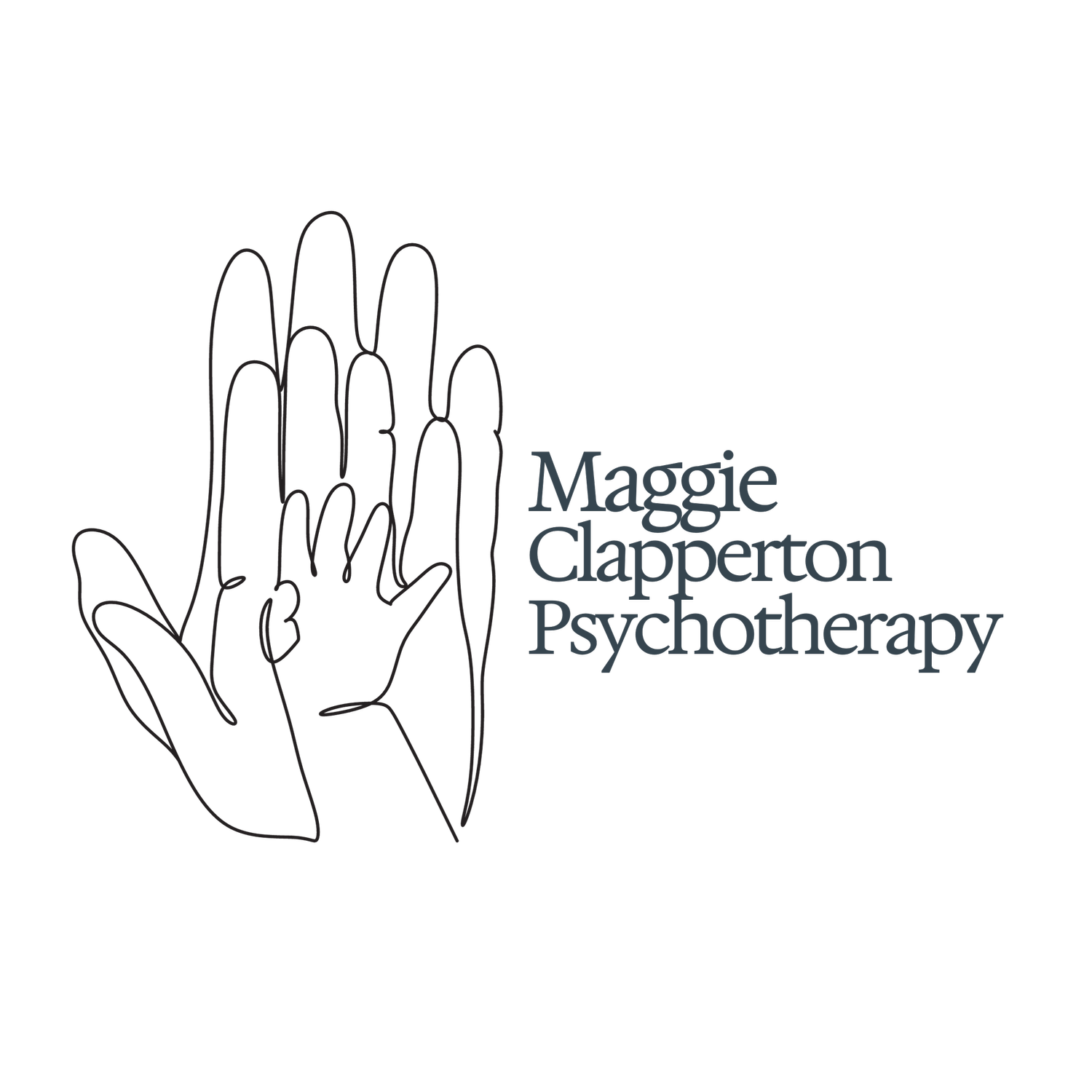How Emotion-Focused Therapy Can Transform Anxiety
Anxiety: It’s that persistent feeling of worry, fear, or unease that can really impact our daily lives. But fear not (pun intended), because we’re exploring how Emotion-Focused Therapy (EFT) can be a game-changer in managing anxiety.
Understanding Emotion-Focused Therapy
First things first, what exactly is EFT? Unlike some therapies that focus solely on changing behaviors or thoughts, EFT zeroes in on emotions themselves. It's all about exploring and understanding our feelings, and how they influence our thoughts and behaviors.
Why It Works for Anxiety
Anxiety isn’t just about being worried; it’s often a complex mix of underlying emotions like fear, sadness, or even anger. EFT helps us unpack these feelings. By identifying and processing these emotions in a safe therapeutic space, we can gain insight into why we feel anxious in certain situations.
The Role of Emotional Awareness
One of the key aspects of EFT is developing emotional awareness. Think of it like shining a light on those murky, uncomfortable feelings we often try to avoid. When we can name and understand our emotions, they become less overwhelming. This awareness empowers us to respond to situations more effectively, rather than react out of fear.
Processing Emotions
Once we’re aware of our emotions, EFT guides us through processing them. This involves expressing feelings, exploring their origins, and challenging any unhelpful patterns of emotional response. Through techniques like guided imagery or role-playing, therapists help us navigate and reshape our emotional landscape.
Building Emotional Regulation Skills
Anxiety can make us feel out of control, but EFT equips us with tools to regulate our emotions. This might include relaxation exercises, mindfulness techniques, or learning how to soothe ourselves in stressful moments. By practicing these skills, we become better at managing anxiety triggers as they arise.
Strengthening Relationships
Our relationships can be both sources of anxiety and avenues for support. EFT doesn’t just focus on individual emotions; it also explores how our emotional experiences impact our interactions with others. Strengthening communication and connection can alleviate anxiety by fostering a supportive network.
Embracing Change and Growth
Ultimately, EFT isn’t just about reducing anxiety symptoms; it’s about personal growth. By confronting and processing emotions, we gain resilience and self-awareness. We learn that emotions, even the difficult ones, are a natural part of being human. This acceptance allows us to live more authentically and confidently.
Getting Started
If you’re considering EFT, finding a qualified therapist is key. They’ll guide you through the process, creating a safe environment to explore and understand your emotions. Remember, therapy is a journey, not a quick fix, but each step forward brings greater emotional freedom.
Final Thoughts
Managing anxiety with Emotion-Focused Therapy isn’t about erasing emotions or avoiding discomfort. It’s about embracing our emotional lives fully and learning to navigate them with skill and compassion. If anxiety has been a constant companion, know that there are effective therapies like EFT waiting to support you on your path to emotional well-being.



